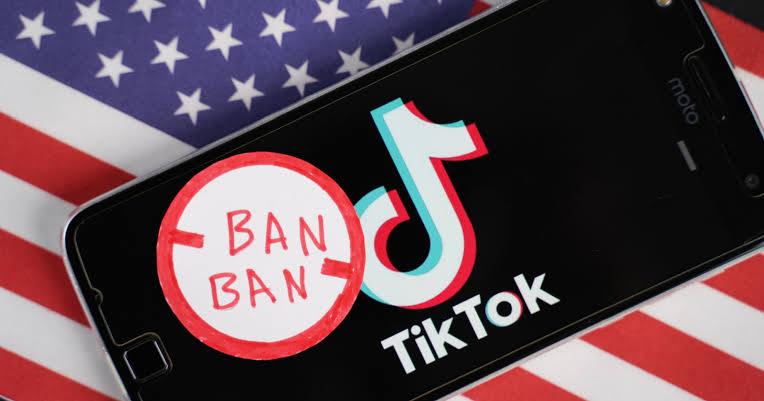Introduction to the Proposed Legislation Against TikTok
In a notable move that could reshape the landscape of social media in the United States, a coalition of US lawmakers has unveiled a groundbreaking bill aimed at addressing national security concerns associated with foreign-controlled applications, specifically targeting the popular video-sharing platform TikTok. This legislative proposal, known as the Protecting Americans from Foreign Adversary Controlled Applications Act, seeks to prohibit TikTok’s operations within US borders unless it dissociates from its Chinese parent company, ByteDance, as announced by the US Select Committee on the Chinese Communist Party (CCP).

The Essence of the New Bill
The crux of this legislation lies in its firm stance against applications owned by ByteDance and extends the authority to the President of the United States to ban additional applications deemed to be under the control of a US-designated adversary, citing national security risks. This bold step underscores the escalating concerns among US policymakers regarding the influence of foreign powers through technology platforms.
Ultimatum to TikTok: A Break from ByteDance or Banishment
Committee Chairman Mike Gallagher emphasized the gravity of the situation with a direct message to TikTok, urging the social media giant to sever ties with the CCP or face exclusion from the American market. This statement reflects a growing consensus among US officials about the incompatibility of CCP influence with the operation of major media platforms in the country.
Bipartisan Support and Allegations Against TikTok
The bill enjoys widespread bipartisan support, highlighting the unified stance of US lawmakers against the perceived threats posed by TikTok’s operations. Prominent figures like US Rep. Elise Stefanik have labeled TikTok as a tool for spreading “dangerous propaganda,” echoing concerns about data privacy and national security.
TikTok’s Defense and Efforts to Safeguard US Data
In response to the allegations, TikTok’s CEO, Shou Zi Chew, defended the platform’s practices, particularly regarding user data privacy and protection against foreign interference. The introduction of “Project Texas” aims to establish a more secure and independent framework for handling US user data, demonstrating TikTok’s commitment to addressing these concerns.
Implications of the Legislation for TikTok and Its Users
Should this legislation be enacted, it would necessitate significant changes for TikTok, including providing US users with options to download their data for migration to other platforms. However, TikTok views the bill as an excessive measure that infringes on the First Amendment rights of Americans and threatens the livelihood of millions of small businesses that rely on the platform for growth.
First Amendment Concerns and Legislative Clarifications
The debate surrounding the bill also touches on fundamental First Amendment rights, with TikTok asserting that the proposed legislation unduly restricts free speech and expression. Nonetheless, clarifications added through platforms like X (formerly Twitter) highlight that the bill targets apps under foreign control, leaving room for compliance through severance of such ties.
Historical Context: The Ongoing Scrutiny of TikTok
This legislative initiative is not the first attempt by US authorities to regulate TikTok. Previous administrations have also sought to address the platform’s influence, reflecting a continued effort to balance technological innovation with national security interests.
Conclusion: A Critical Juncture for TikTok and US Cyber Policy
As this bill progresses through the legislative process, it represents a critical moment not only for TikTok but also for the broader dialogue on foreign influence and digital sovereignty in the United States. The outcome of this debate may significantly influence the future of social media regulation and the protection of national security in the digital age.